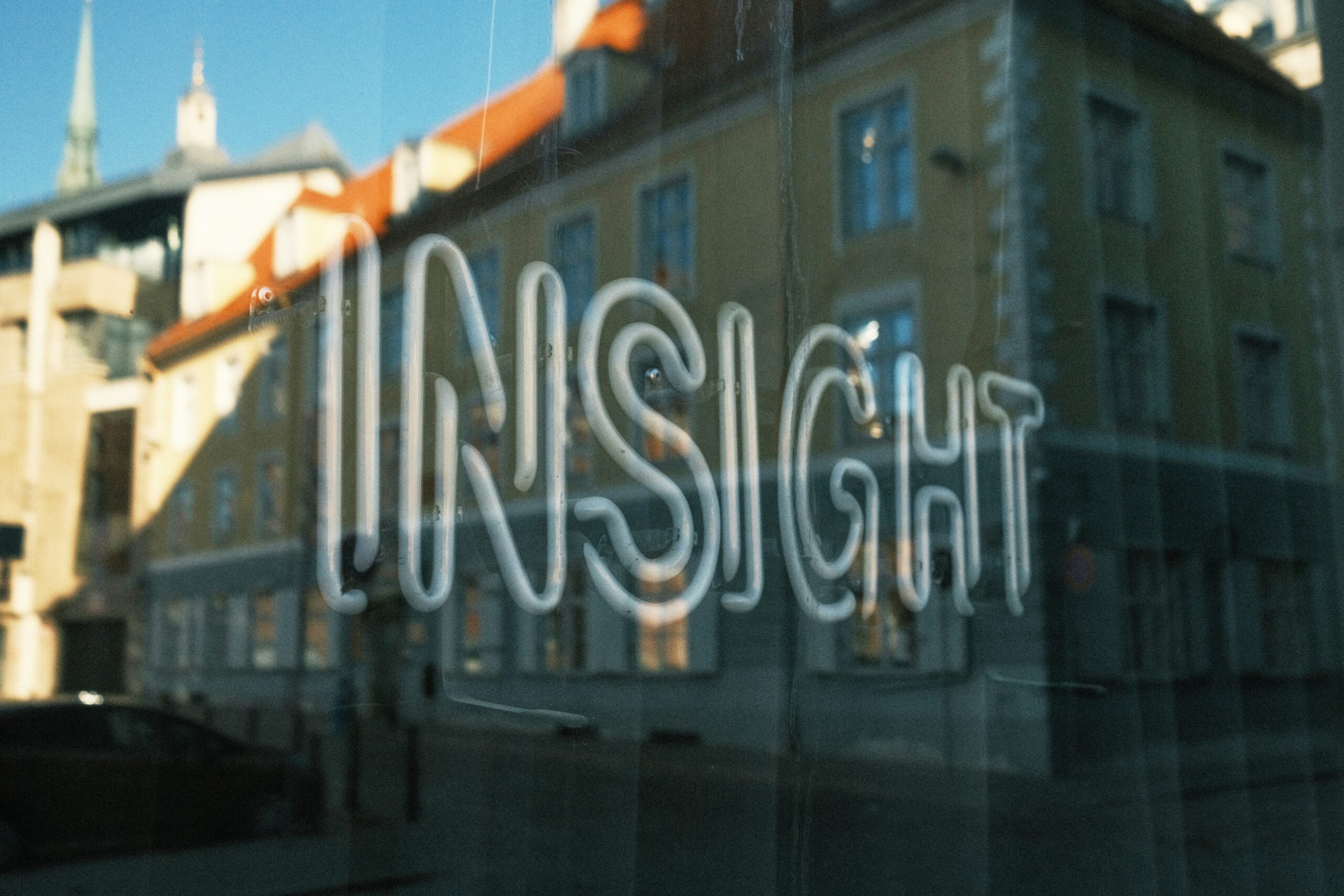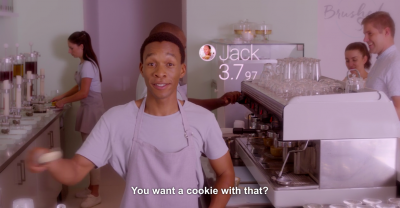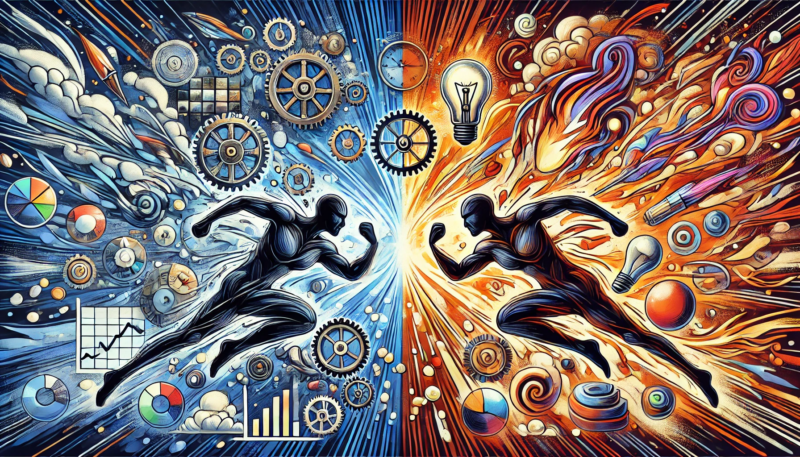Three things we learnt this week
Each and every week the Square Holes team are deep in the bowels of a number of projects, working to mine all of the insights that we can to help grow businesses and support thriving cities.
These insights are used by businesses and organisations to innovate their offerings, move into new markets, track their impact and hone their products and output. Each week we will be sharing a broad insight that we have learnt for you to use in your own work.
Let us know what you find valuable!
Jason: Governments and AI
I attended a lunch yesterday hosted by the local Minister for AI and Digital — a new title for a rapidly evolving world. It sparked thoughts about the critical role government can play in using AI and emerging technologies to reduce inequality, improve access, and enhance quality of life in ways previously unimaginable. Strategic government investment in this space not only fosters trust in the technology and its applications, but also builds local capability, drives innovation, and creates a strong foundation for future export potential, and hopefully a fairer / better life locally.
Dylan: The Zeigarnik Effect
This week I’ve been exploring the Zeigarnik Effect. As a quick overview, research indicates that unfinished tasks create persistent mental distraction which causes our brains to fixate on incomplete work. This cognitive tension drains our focus, making us less productive. Systems such as the GTD framework and timeboxing help to close these mental loops and reduce cognitive overload. Generally, improved work efficiencies come from consciously finishing or organising current tasks, not trying to complete them all at once.
Mahalia: You’re the voice
These weeks theme of voice has me humming the iconic Australian anthem, John Farnham’s You’re the Voice.
Penned by British songwriters Chris Thompson, Andy Qunta, and Maggie Ryder, the tune was inspired by the Campaign for Nuclear Disarmament protests in London. Thompson, who overslept and missed a protest, felt inspired to write a song about the power of individual voices in achieving political change.
Since then the song has gone on to become an anthem regularly used in the context of promoting using your voice for positive change – most recently in the “Yes” campaign for the Indigenous Voice referendum in Australia.
It’s a simple message. Your voice is more powerful than you think. And as automation and AI’s influence grows, it’s never rung more true.
So, make a noise and make it clear.
Think your business or organisation could do with some insights? Contact us here.




